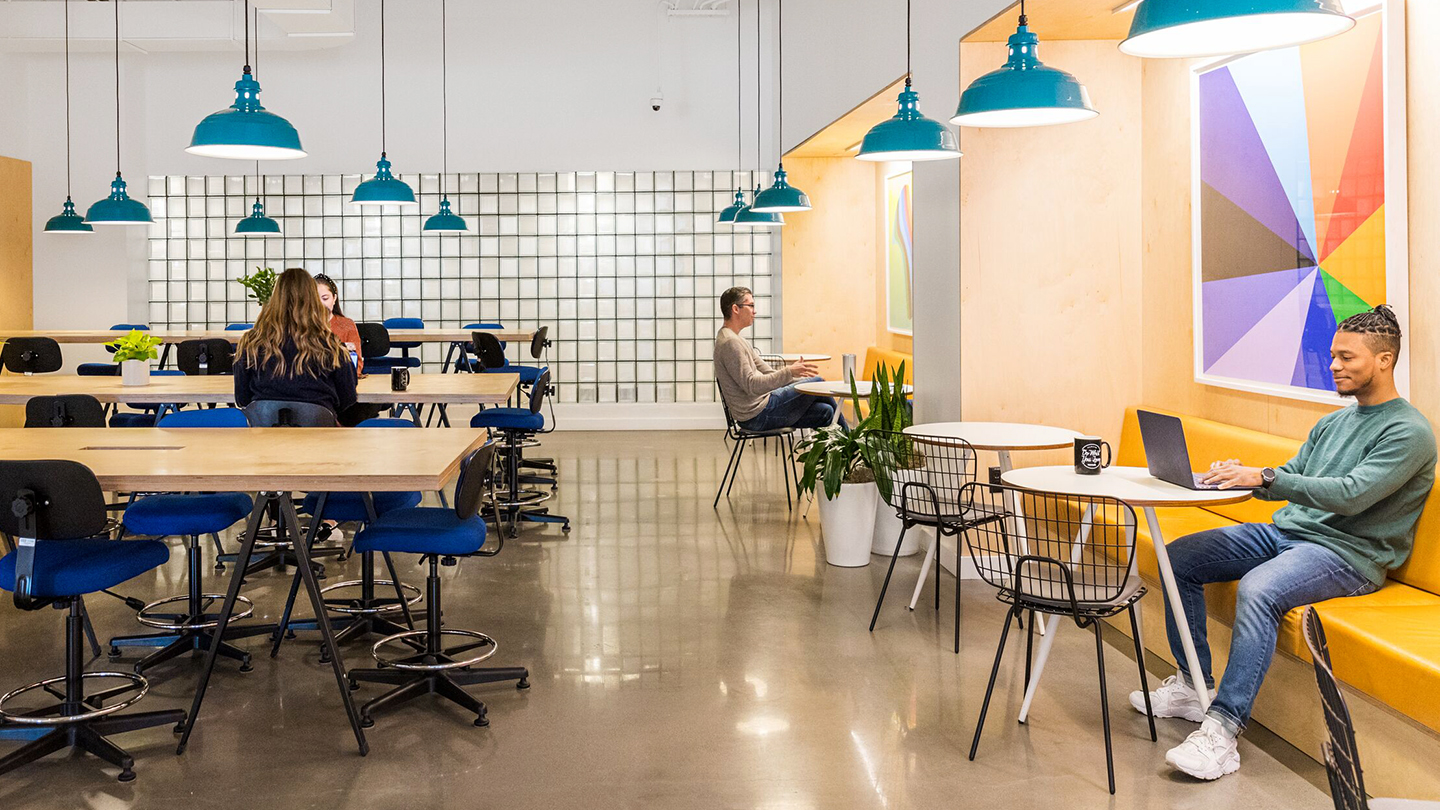Flexible office spaces are like coworking spaces, where there is flexibility in the place and time that an employee can choose from. But why are they becoming so popular in India?
What are Flexible Office Spaces?
Like the name suggests, flexible office spaces are ones where employees can be more comfortable than in a traditional office. This type of an office not only reduces energy used by the employees but also the expenses that are used for commuting and other investments made in offices. Flexible offices, or flexi seats, have multiple options that employees can choose from.
Coworking is one of the most famous and upcoming forms of flexible offices. In this type of an office, multiple organisations come together to work in one space. Coworking is beneficial for both parties because it reduces the expense the company would otherwise spend in buying an office. Instead, sharing the rent in a coworking space will help save a lot of money.
Other forms include:
Managed/Serviced Offices are ones that are managed by a third party and people can lease out a space in order to work. A benefit of these is that they can reap the benefits of a traditional office just by signing a lease. Curated amenities like quiet zones, collaboration zones, and cafeterias with an added advantage of a professional address are the other benefits of a managed office. These can either be rented out by big businesses or even by entrepreneurs.
Hot Desks are located inside a workspace that are rented out on an hourly basis. This form of flexible offices is beneficial for people who work from home and need to be in a professional environment when they want to. The advantage of this is that you pay by the hour so there is no commitment made by signing a contract.
Nowadays there are also cafes that let customers use their facilities on a timely basis. Customers can go in, work on their tasks, order as much coffee as they want and pay according to the time they’ve been there.
But Why Are Flexible Office Spaces Becoming the Preferred Choice in Corporate India?
The first and foremost thing that comes to mind is the population of the country. Especially if there are so many metropolitan cities, which continue to grow every single day. Where will the newer generation or the people who come in for job opportunities work if all the commercial buildings are taken by single corporations?
This is when flexible offices come in handy. They help to save space and are extremely efficient. Not only can organisations benefit the various amenities but can also have networking benefits. When you work in an office that has more than one organisation working in it, there are plenty of possibilities to increase your professional and social network.
Another reason for corporate India to switch to flexible office spaces is the economy. Because of the number of startups that are registered everyday, it is feasible for them to save their expenses and invest in aspects that can benefit and increase their assets.
Are People Actually Taking This Seriously?
You’d be wondering that even though there are benefits to these offices, will people recognise these benefits and implement them? Well the answer is yes. The upcoming workforce has realised the plethora of benefits offered by flexible offices and have started demanding more seats in the same.
In fact, just recently, EFC India has stated that they are planning to triple their seats in the next financial year. This is only because of the rising demand for more flexi seats in the industry.
Conclusion:
It is safe to assume that there are many more such enterprises who are willing to make the change and recruit more startups and organisations to invest in flexible office spaces. These office spaces have the prospect to save so much time and money that people have started giving them a serious thought. Very soon, India will see the potential of these spaces and give them the recognition they deserve.





Leave a Reply